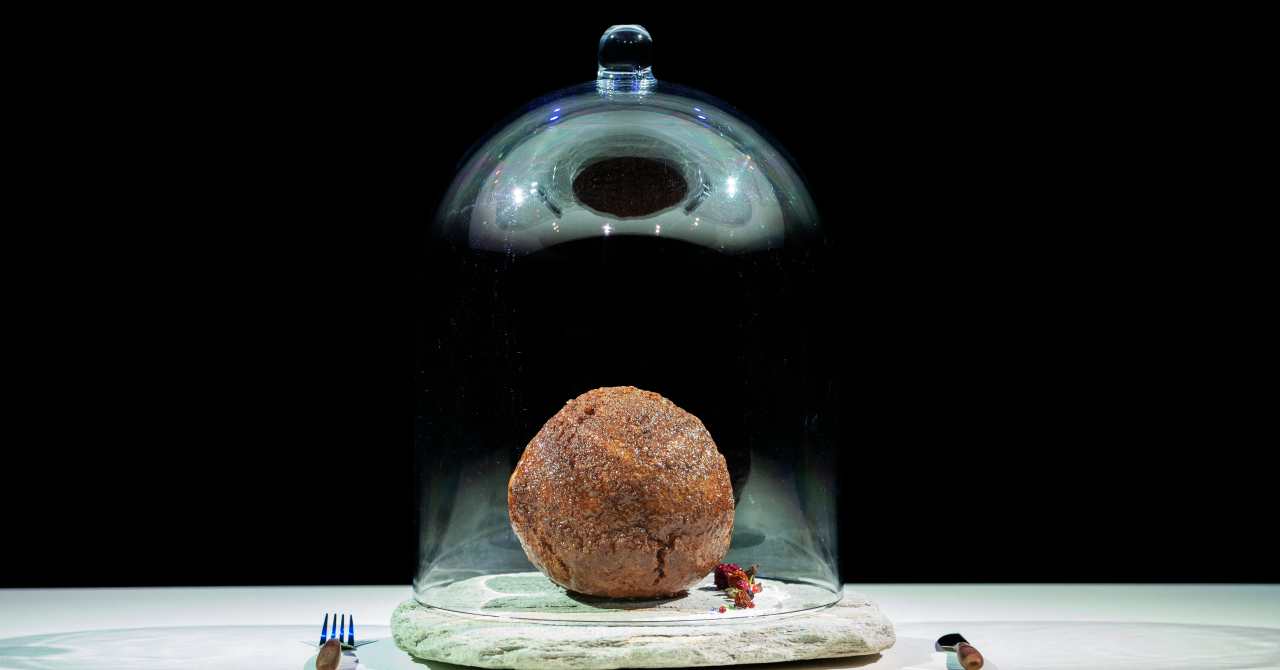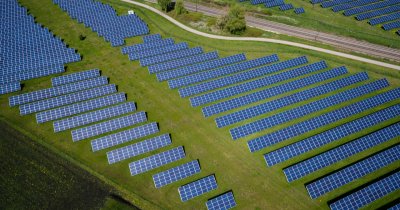The Guardian reports that Vow's goal with this project was to prove that cell-based meat can really replicate any type of meat that humans consume and more, meaning that animal slaughter can be stopped.
Also, "rising" meat in labs can be advantageous for the environment, as well, as it means that climate change derived from raising livestock can be stopped.
While there are other companies out there working with lab-grown meat, such as Upside Foods, Vow is taking a different approach, exploring multiple meat combinations from different species. Among those are crocodiles, alpacas and buffalo, all without hurting a single animal.
Lab-grown Japanese quail meat will be the company's first commercialized product to be sold in Singaporean restaurants this year.
George Peppou, CEO of Vow, said that "the goal is to transition a few billion meat eaters away from eating [conventional] animal protein to eating things that can be produced in electrified systems."
Company cofounder Tim Noakesmith added that "we chose the woolly mammoth because it’s a symbol of diversity loss and a symbol of climate change."
The period after the last ice age and aggressive human hunting are thought to be the main reasons why the wooly mammoth has gone extinct.
"We haven’t seen this protein for thousands of years. So, we have no idea how our immune system would react when we eat it. But if we did it again, we could certainly do it in a way that would make it more palatable to regulatory bodies", said professor Ernst Wolvetang, from the Australian Institute for Bioengineering at the University of Queensland.
Seren Kell, at the Good Food Institute Europe, said that "by cultivating beef, pork, chicken and seafood we can have the most impact in terms of reducing emissions from conventional animal agriculture."
Photo source: Wunderman
 Mihai - Cristian Ioniță
Mihai - Cristian Ioniță












Any thoughts?